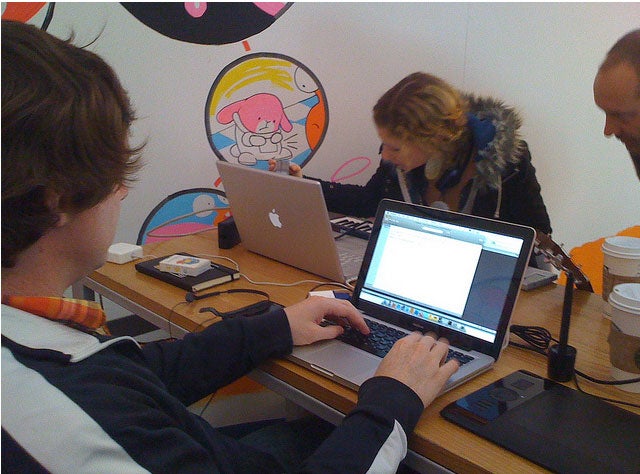Composer James Hannigan claims video games scores now as sophisticated as those of films

Your support helps us to tell the story
From reproductive rights to climate change to Big Tech, The Independent is on the ground when the story is developing. Whether it's investigating the financials of Elon Musk's pro-Trump PAC or producing our latest documentary, 'The A Word', which shines a light on the American women fighting for reproductive rights, we know how important it is to parse out the facts from the messaging.
At such a critical moment in US history, we need reporters on the ground. Your donation allows us to keep sending journalists to speak to both sides of the story.
The Independent is trusted by Americans across the entire political spectrum. And unlike many other quality news outlets, we choose not to lock Americans out of our reporting and analysis with paywalls. We believe quality journalism should be available to everyone, paid for by those who can afford it.
Your support makes all the difference.A critically acclaimed British composer believes music in games has overtaken that of television in terms of production values and is now on a par with film.
James Hannigan, who has worked in all three industries, said perceptions were changing and he has called for games music to be more widely appreciated.
Mr Hannigan has been nominated for five gaming BAFTAs during his career, including one for the score of the Harry Potter and the Half-Blood Prince game.
His other work ranges from games such as Evil Genius and Lord of the Rings: Aragorn's Quest to Warhammer and Cloudy with a Chance of Meatballs. Among his films is Lost in Space.
"There has been some prejudice when it comes to music in games but perceptions are changing," he says.
"Large scale gaming events are pushing the boundaries and showing those who don't play games the merit of the music within them."
Mr Hannigan's music was played at a concert in a Nottingham church last night as part of the fifth, annual GameCity festival which ends on Saturday.
Conducted by Allan Wilson, it included the debut performance of music from Harry Potter and the Deadly Hallows: Part 1 and attracted around 200 people.
"Music in games have moved away from the bleeps and bloops of old," he says, referring to the limited sound capabilities of computers and consoles up to the early 1990s.
He says composers in television and film are now seeing the possibilities.
"Using full orchestras for games is becoming the norm and the production values are equal to film," he says. "So much so, there's now a lot of crossover between the creative industries with film composers crossing into games and vice versa.
"Indeed, some games are actually better resourced than television where it's par for the course to produce synth scores. Games expect cinematic values."
Join our commenting forum
Join thought-provoking conversations, follow other Independent readers and see their replies
Comments